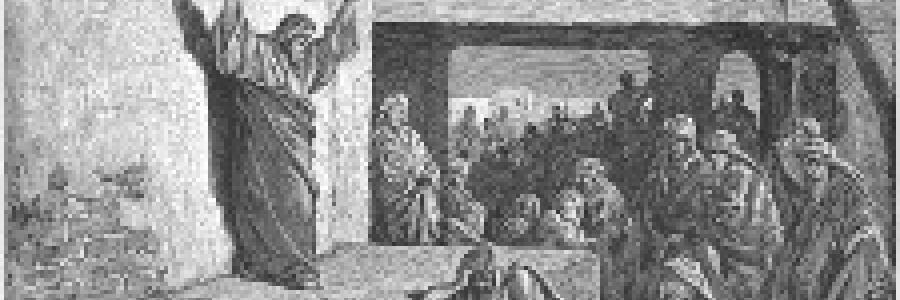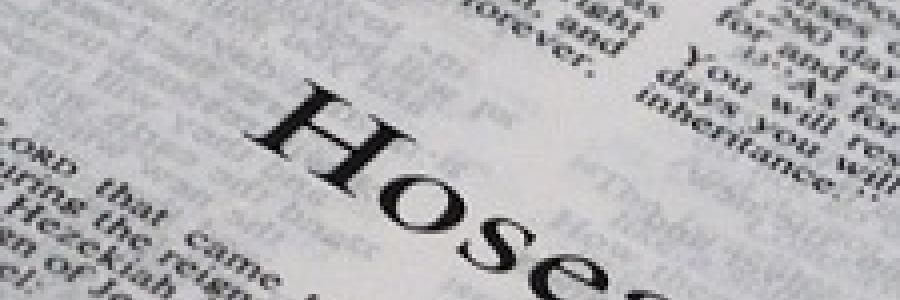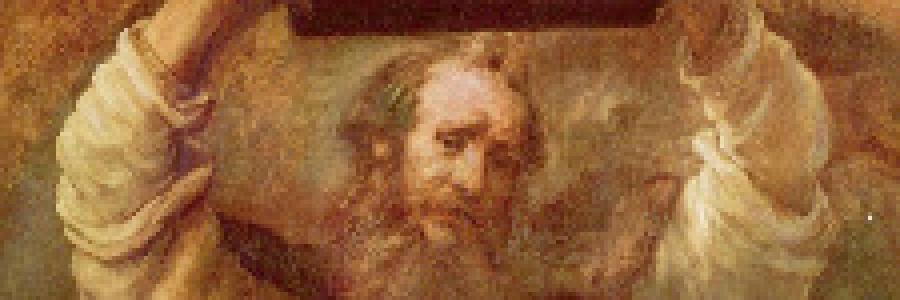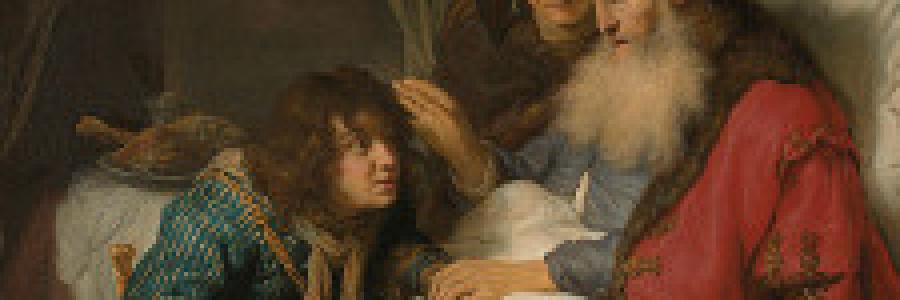Covenant in Micah
Having seen the prophetic emphases of Amos and Hosea, I want to turn to Micah the Moresthite (c.742-685 B.C.). He too brought scathing indictments against his people. At one point he accuses them of having risen up as an enemy against their God (Mic. 2:8). There is no let up until the end of chapter two where these enigmatic lines appear:
I will surely assemble all of you, O Jacob,
I will surely gather the remnant of Israel;
I will put them together like sheep of the fold,
Like a flock in the midst of their pasture;
They shall make a loud noise because of so many people.The one who breaks open will come up before them;
They will break out,
Pass through the gate,
And go out by it;
Their king will pass before them,
With the LORD at their head. (Micah 2:12-13)






Discussion